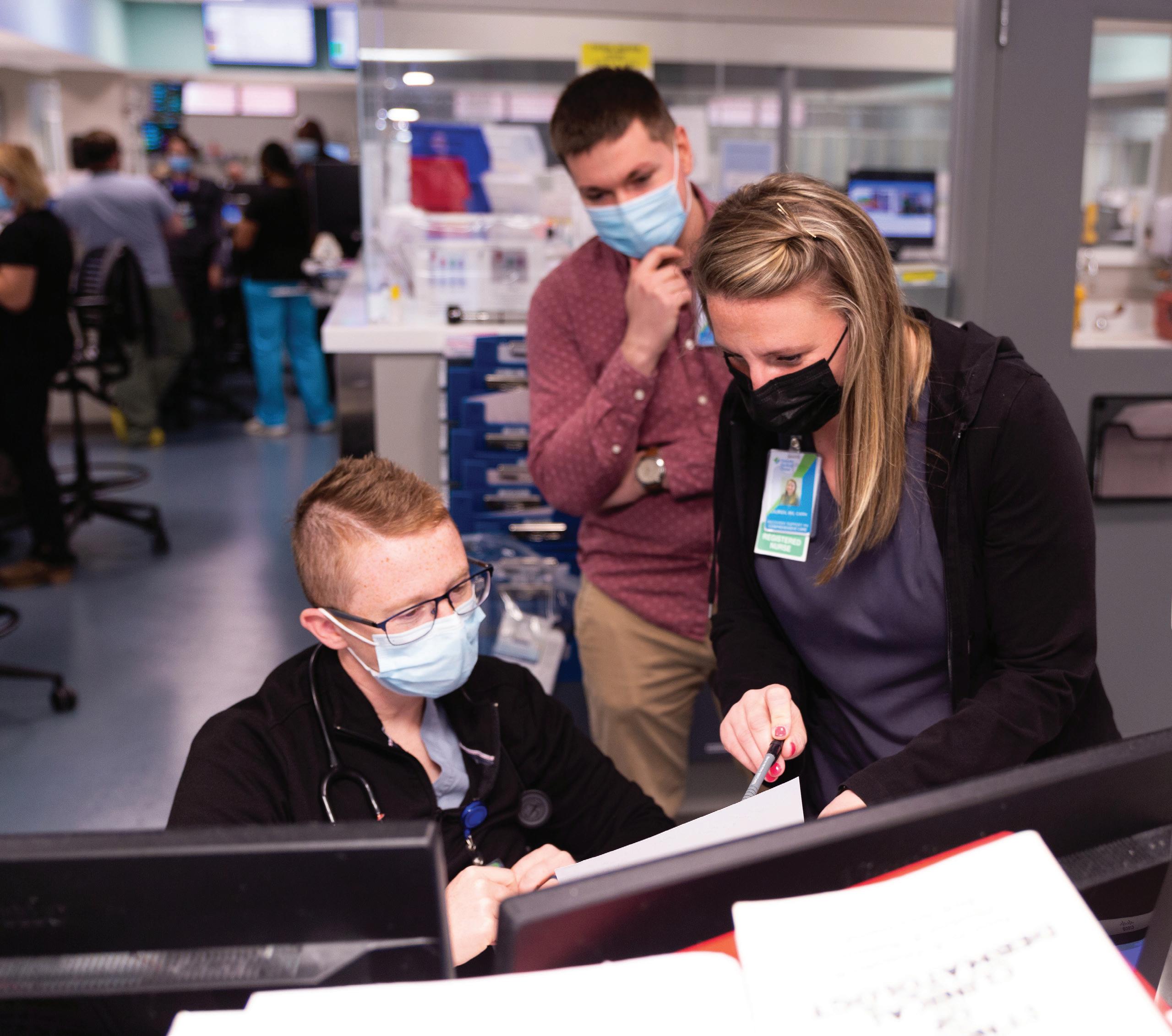
4 minute read
NEW HELP FOR OPIOID ADDICTION
Recovery Support Team members review a patient's file in the Emergency Department.
HOLYOKE MEDICAL CENTER IS PART OF A NATIONAL RESEARCH GRANT AIMED AT IMPROVING CARE FOR PEOPLE WITH OPIOID USE DISORDER.
MASSACHUSETTS IS RANKED distribution of the overdose-reversal among the top 10 states in the United medication naloxone and reduce highStates with the highest rates of opioid risk opioid prescribing. The goal is to overdose deaths. In the western part decrease opioid-related overdose of Massachusetts, there has been an deaths by 40 percent over the course alarming trend upward, with the COVID-19 of the study. pandemic further fueling drug use.
Maria Quinn, MSN, PMHNP-BC, a psychiatric nurse practitioner and clinical director of the Recovery Support Team at Holyoke Medical Center (HMC), has witnessed the struggles of opioid addiction firsthand. “My brother has been in recovery for several years and is doing great, but the time leading up to that was a struggle for all of us,” she says. “Growing up in Holyoke, it was my mom and me trying to figure out his behavior. It wasn’t until I became educated and learned that addiction is a disease that affects brain function that I began to understand.”
Today, Quinn is sharing her expertise in substance use disorder as a member of a coalition of Holyoke organizations participating in the HEALing Communities Study (www. healtogetherma.org/Holyoke). This multistate study, funded by the National Institutes of Health and the Substance Abuse and Mental Health Services Administration, is investigating how tools for preventing and treating opioid misuse and opioid use disorder are most effective at the local level.
Holyoke—the only western Massachusetts location taking part in the first wave of the study—is one of 16 communities in Massachusetts involved in the study, and HMC is playing a key role. Convened by researchers at Boston Medical Center, the study will test the effectiveness of programs designed to increase the number of individuals receiving medication to treat opioid Maria Quinn, MSN, use disorder, PMHNP-BC increase the SAVING LIVES AND IMPROVING CARE
In addition to HMC, the coalition includes Tapestry Health, Holyoke Health Center, Hope for Holyoke, Behavioral Health Network, Holyoke District Court and others. The coalition meets monthly and in subcommittees focusing on evidencebased strategies to improve treatment access and retention, promote better Narcan (naloxone) distribution and help educate and eliminate stigma.
Quinn says a new opioid treatment program was funded through the study, as was a transportation van to get people to and from treatment. At HMC, an addiction consultation service supports patients in the Emergency Department and all inpatient medical units. The consult team is comprised of a certified addictions nurse, a recovery support coordinator, recovery coaches and Quinn, who oversees the consult service and is a provider as well. This multidisciplinary team supports patients by assessing readiness for treatment, providing harm-reduction resources and starting medications for opioid use disorder. The consult service compliments existing outpatient addiction treatment and recovery services at HMC, including the Comprehensive Care Center where treatment for alcohol use disorder and opioid use disorder is provided.
Quinn, who serves a dual role in the HEALing Communities Study as a coalition participant and a bilingual provider, appreciates the collaboration among community organizations working toward a common goal.
“Addiction is like a whisper,” Quinn says. “People don’t really talk about it openly. This study helps get the word out that addiction is a treatable disease and that resources in the community are working together to help people who are struggling.”
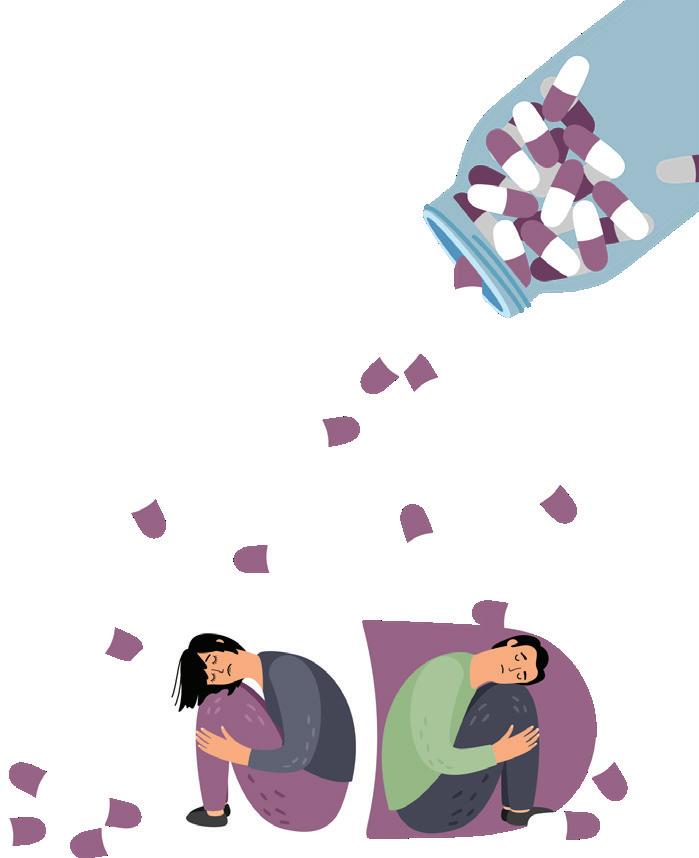
RECOGNIZING OPIOID ADDICTION
Opioid addiction, also known as opioid use disorder, is a chronic and relapsing disease that affects the body and brain. Anyone can become addicted, even when opioids are prescribed by a doctor and taken as directed.
When using opioids has caused significant hardships like loss of employment or legal or money issues, a person’s continued use is a major warning sign of addiction. Other signs could include:
• Trying to stop or cut down on opioid use but not being able to • Inability to fulfill responsibilities at school, home or work • Hurting relationships with family and friends because of opioid use • Developing a tolerance and needing larger amounts of opioids to get the effect you want • Taking opioids to avoid or relieve withdrawal symptoms • Having strong cravings for opioids
Addiction is a medical condition. Treatment can help. Recovery is possible.
✱The Holyoke Medical Center Comprehensive Care Center provides substance use disorder treatment and infectious disease management at 575 Beech Street, Suite 404, Holyoke. Walk-in care is available Monday to Friday, 10 a.m. to 11:45 a.m. To learn more or schedule an appointment, call 413.535.4889.
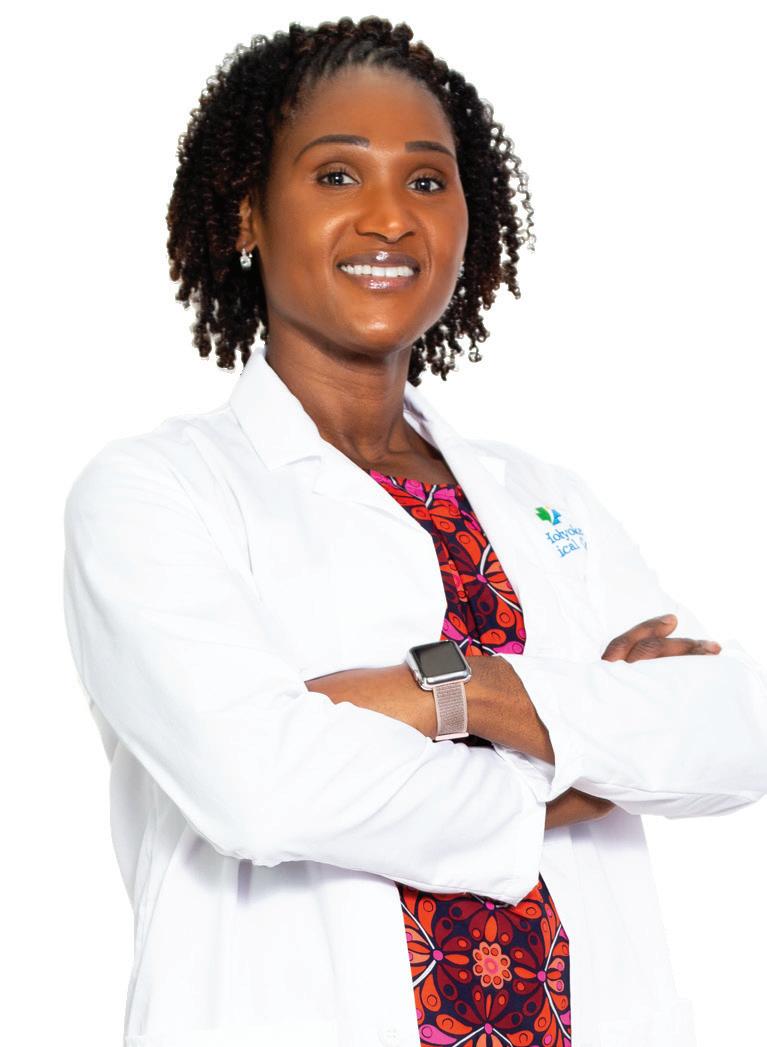
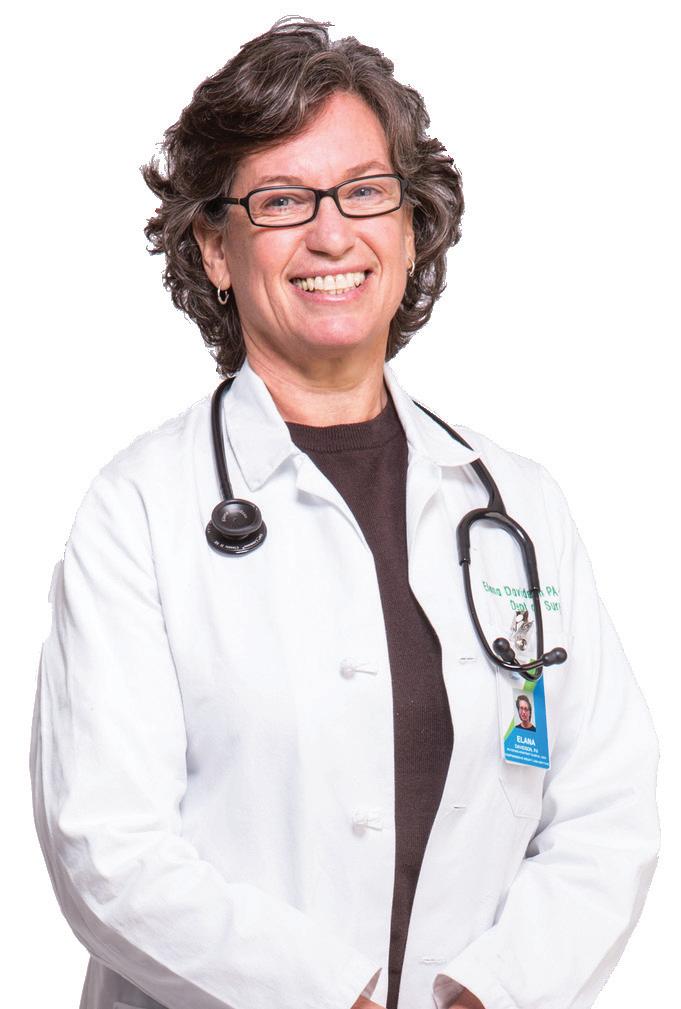

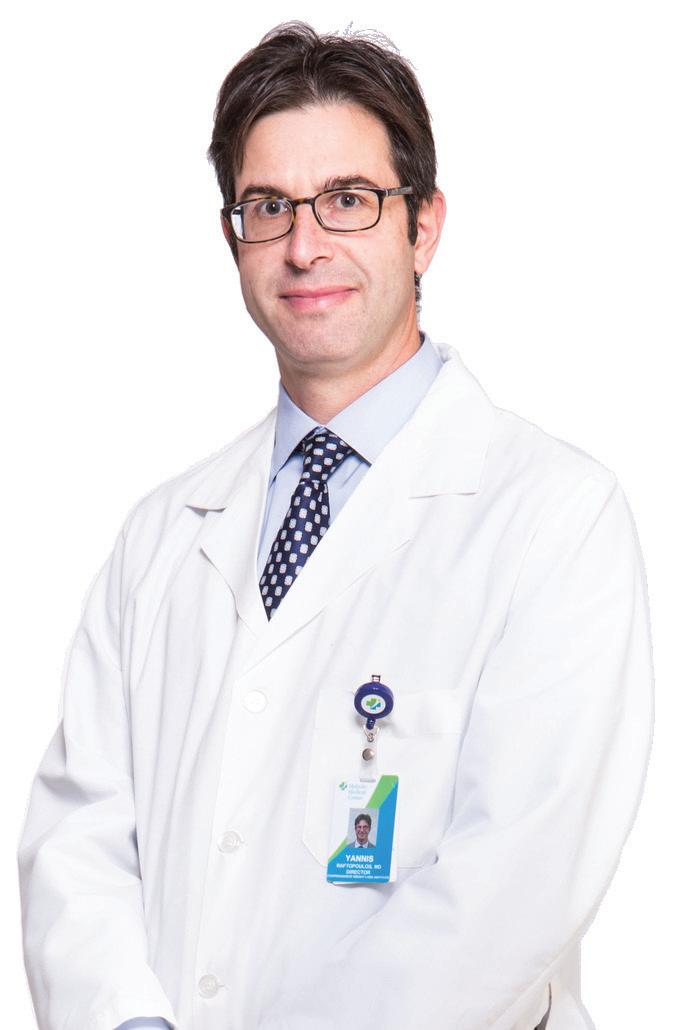
Kristen Chapin, PA-C; Elana Davidson, MPAS, PA-C; Ursula McMillian, MD; Yannis Raftopoulos, MD, Medical Director; Christina Reardon, RD, LDN; and Misty Cameron, LMHC

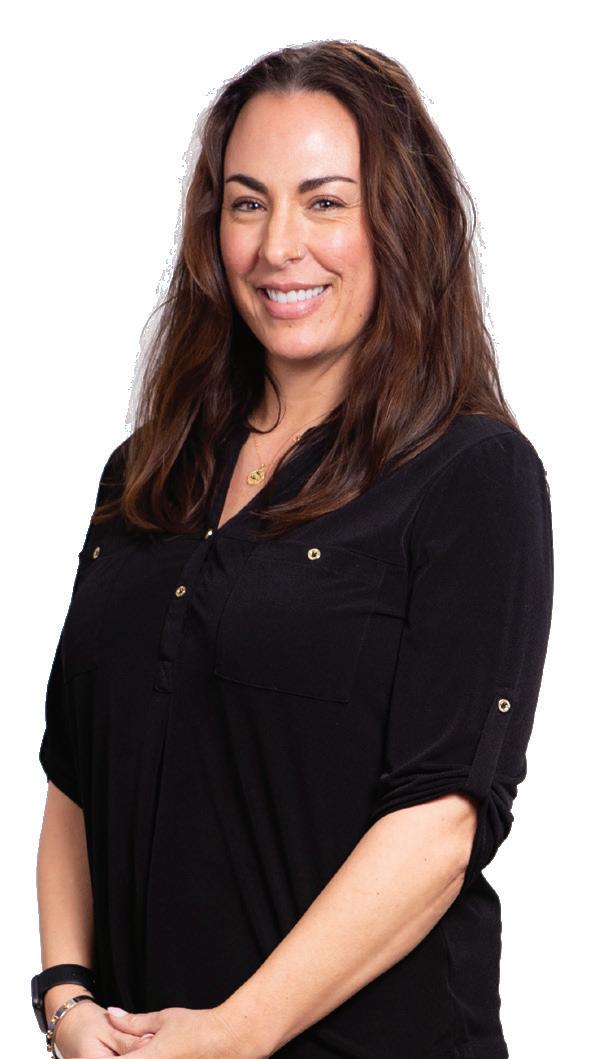

Each of these patients lost over 100 pounds with our support! Hear their stories by visiting our website: HolyokeHealth.com/testimonials
With our medical help, you can reach, and maintain, your healthiest body weight.
Our team of experts has the experience and technology to help you achieve your weight loss goals. Equally important, we are committed to helping you keep the weight off — for life. Call the Weight Management Program at (413) 535-4757.






